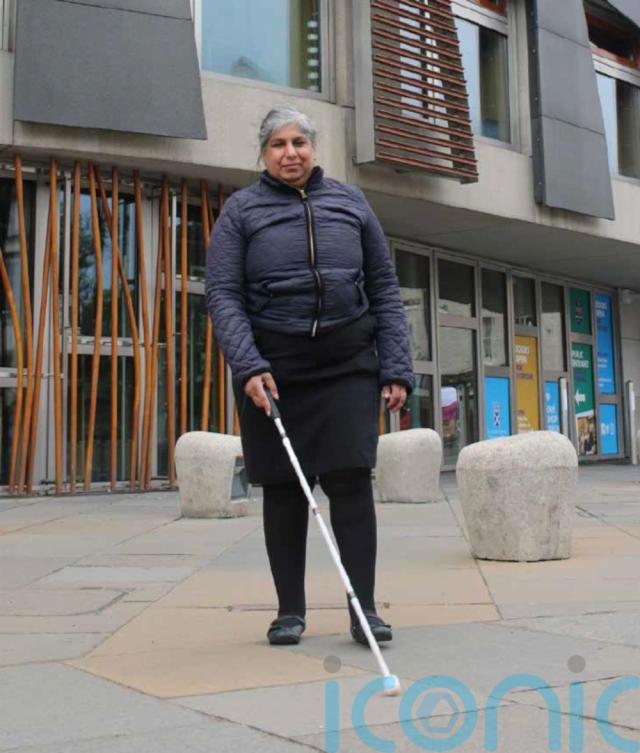
New cervical screening standards have been published to improve care for blind or partially sighted women.
Around six women in Scotland are diagnosed with cervical cancer each week and screening plays a key role in prevention, detecting changes in cells before they develop into cancer, and is offered to women aged 25 to 64.
The Royal National Institute of Blind People (RNIB) Scotland has warned more than 100,000 blind and partially sighted women face a range of barriers in accessing screening, including being in pain and feeling unsupported.
Some branded the experience “disastrous” and vowed never to undergo screening again, according to harrowing testimonies.
Healthcare Improvement Scotland (HIS) worked with the RNIB to hear the feedback of blind and partially sighted women to ensure the needs of everyone who will use the service now and in future are met, leading to new standards to improve cervical screening care.
Standards are statements of levels of service performance that the public should expect from health services, and include ensuring healthcare professionals are trained to support women make informed choices and receive accessible information.
The new standards include that cervical screening should be “safe, effective, person-centred and trauma-informed”.

Testimony from Kirin from Edinburgh, who is registered blind, described her screening as “incredibly difficult” and “very painful”.
She said: “I only went once and it went disastrously wrong. It was very painful and I didn’t know what was going to happen, or when it was going to happen.
“The nurse took no time to explain what was going to happen or what the procedure entailed. Having to position myself on the table with no sight was incredibly difficult. I have not and will not go back.”
Safia Qureshi, HIS director of evidence and digital, said: “We are very grateful to all the women who provided such honest and moving testimonies.
“Their willingness to do this has been invaluable for us in being able to set out the best way forward for standards of cervical screening.
“It is of the utmost importance that everyone can attend these potentially life-saving screenings with dignity and all the support they need.”
Gillian Hallard, NHS engagement manager at RNIB Scotland, said: “When services are inaccessible, trust is broken and people are pushed away from the very care meant to protect them.
“Ensuring screenings are person-centred and accessible isn’t just about compliance, it’s about saving lives.
“We are especially pleased to see the standards reflecting the need for staff undertaking cervical screening to be compassionate and ensure women feel supported.”
Subscribe or register today to discover more from DonegalLive.ie
Buy the e-paper of the Donegal Democrat, Donegal People's Press, Donegal Post and Inish Times here for instant access to Donegal's premier news titles.
Keep up with the latest news from Donegal with our daily newsletter featuring the most important stories of the day delivered to your inbox every evening at 5pm.